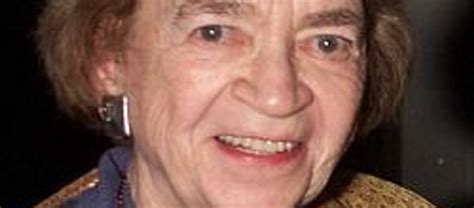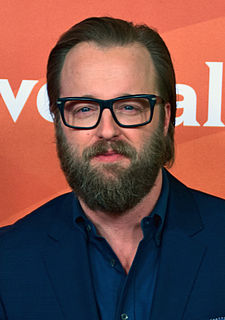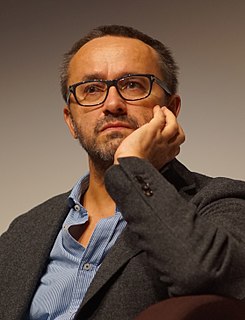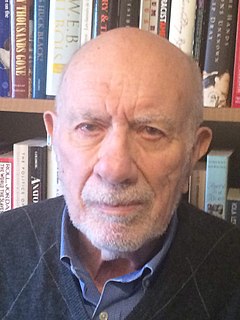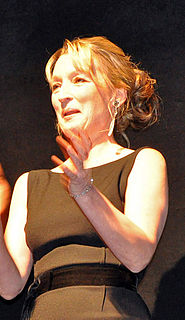A Quote by Judith Crist
Film criticism became the means whereby a stream of young intellectuals could go straight from the campus film society into the professionals' screening room without managing to get a glimpse of the real world in between.
Related Quotes
I would make a huge distinction between theater improvisation and film improvisation. There isn't much improvisation in film - there's virtually none. The people that theoretically could be good at this in a theater situation don't necessarily do this in a film in a way that will work, because it's much broader on a stage. But in a movie, it has to be real, and the characters have to look entirely real because it's being done as a faux documentary, so there are even fewer actors that can do that on film.
Film as dream, film as music. No form of art goes beyond ordinary consciousness as film does, straight to our emotions, deep into the twilight room of the soul. A little twitch in our optic nerve, a shock effect: twenty-four illuminated frames a second, darkness in between, the optic nerve incapable of registering darkness.
The whole switch from film to digital has changed some of the ways I use color and the juxtaposition of light and dark. It's getting better with digital, the separation's gotten better, but I still feel like it's really flatter than film, so I do a lot of screening and subtle textural printing and painting on clothes for film to get it not to look flat.
I quite like that people tend not to know my name. I remember being at the Cannes film festival for 'All or Nothing.' I looked very different in the film - I had a little greasy bob and no makeup. I went to a dinner after the screening, and everyone completely ignored me. I got a real buzz out of that.
I look up and go, 'I'm living in the world I visualized a long time ago.' From making movies, to the Film Society, to just being in a film world. It's a life that I wanted to inhabit. I think everyone has the opportunity to do that in this world - it's just, are you gonna work for it, and how much does it mean to you?
You know, in an ideal world, people would just be intrigued and go and see a film without knowing anything about it, because that's where you're going to have the most experience of a film, the biggest, the most revelation of a film. But at the same time, I think there are benefits of having seen a trailer where you actually look forward to seeing moments in a film knowing that they're coming up. I don't know which is better.
